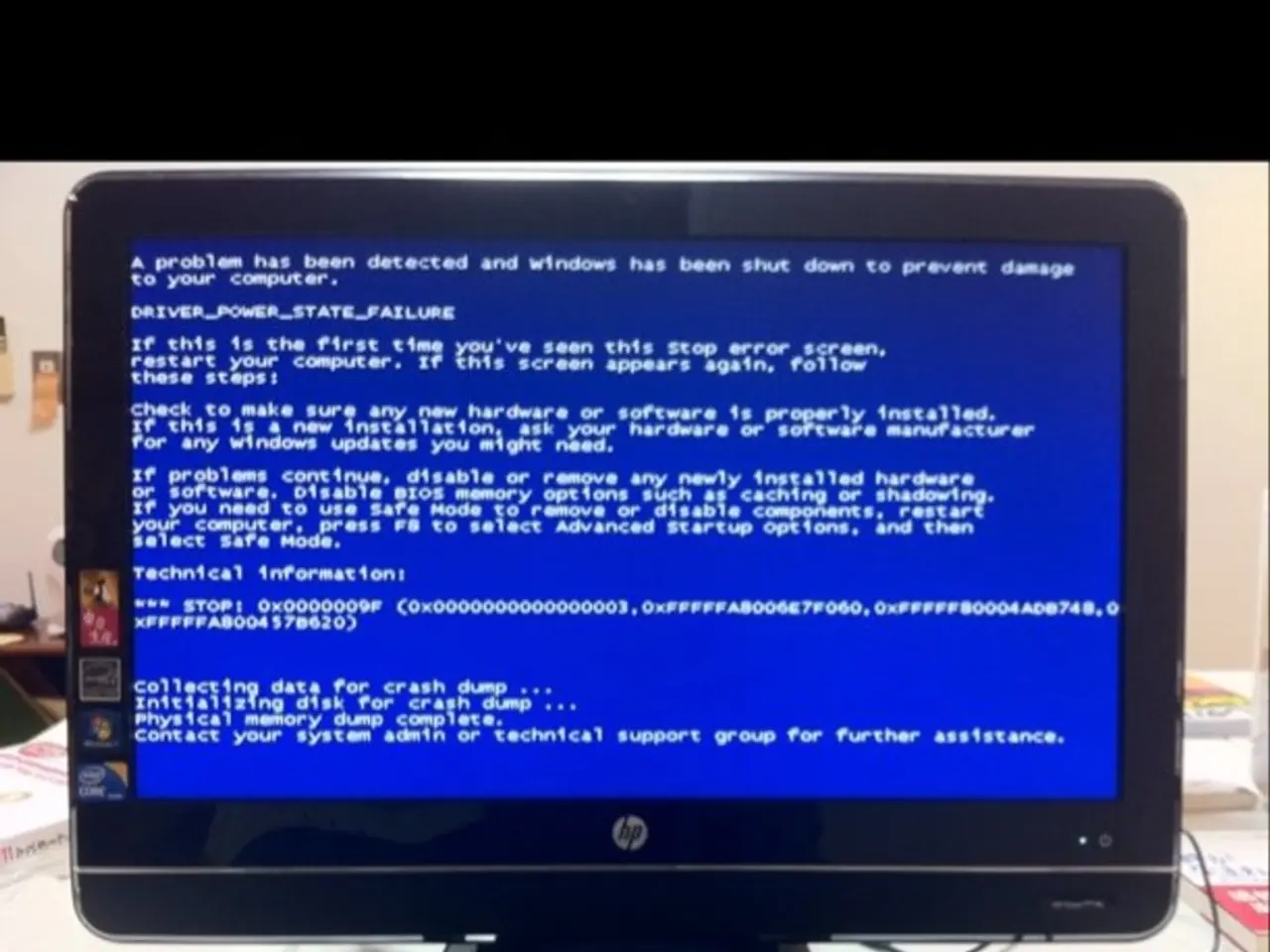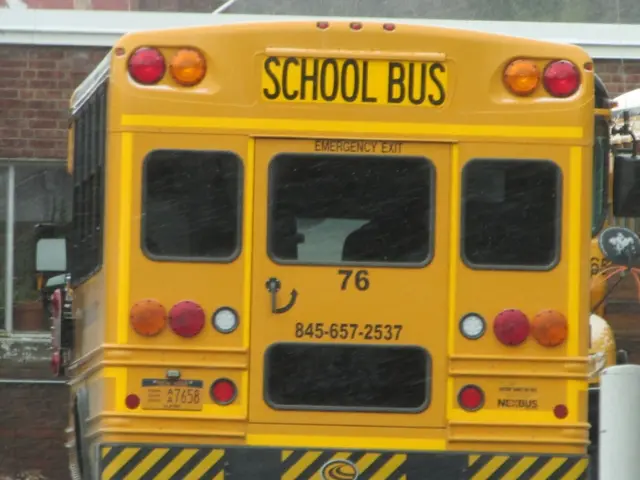Differentiating Between Coaching and Therapy: Choose the Ideal Assistance for Your Executive Function Requirements
Strengthening Executive Functioning Skills for Daily Living Success
Executive functioning skills play a vital role in the development of daily living skills for diverse learners, including those with neurodevelopmental differences such as ADHD or learning disabilities. These skills are essential for effective planning, organization, time management, emotional regulation, task initiation, and flexible problem-solving.
For instance, consider a student named Mickey. Strong executive functioning skills enabled Mickey to learn to drive, manage his time, stay focused, and make decisions. During school age, these skills become particularly important as children need to manage their time, pay attention, and stay organized.
Executive functioning skills are developed through environmental learning and social play activities. As children grow, adults provide opportunities to practice these skills and positively reinforce those behaviors. For those needing extra help putting these skills into practice, neurodivergent-affirming life skills coaching is available to bridge the gap between theory and real-world independence.
Inhibition, the ability to control impulses and resist distractions, is crucial for appropriate social interactions and following routines such as waiting turns or adhering to schedules. Working memory, the capacity to hold multi-step instructions in mind, aids in tasks like cooking, dressing, or managing personal hygiene that require sequential steps. Cognitive flexibility, the ability to adapt to unexpected changes or shift between tasks, promotes resilience in daily life and problem-solving when facing new challenges.
Executive functioning also supports emotional regulation, helping learners manage stress or frustration that can arise during complex daily activities, thus enabling persistence and completion of routines. Practical supports, such as creating consistent routines, using visual aids (calendars, checklists), and color-coding tasks or items, can strengthen these skills, making daily living more manageable and promoting independence.
Research indicates that executive functions develop rapidly in early childhood and adolescence, and positive environments, along with structured educational interventions, can enhance their growth, further supporting functional living skills across development. The Centers for Disease Control's Developmental Milestones Checklists can provide additional information on executive functioning and daily living skills development.
Struggling with daily living tasks may be indicative of challenges with executive functioning skills, particularly planning and prioritization. A learner might struggle to know where to get started or how to identify the most critical step in a daily living skills task, which may indicate a need to focus on executive functioning skills of planning and prioritization.
Life Skills Advocate offers a series of Executive Functioning questionnaires to evaluate these skills directly and help brainstorm goals for future growth. Challenges with executive functioning can create barriers to learning new daily living skills. A learner may take too long to complete daily living tasks, frequently miss deadlines, arrive late, or fail to allow enough time to complete tasks, which may indicate a need to focus on executive functioning skills of time management.
Engaging in problem behaviors during tasks because it's easier to escape or avoid tasks when planning and time management is complex is a possible scenario for learners with executive functioning challenges. Building executive functioning skills is key to building daily living skills because it helps learners navigate complex tasks and social situations.
In conclusion, executive functioning skills equip diverse learners with the mental tools necessary to plan, organize, regulate behavior, and flexibly navigate daily living demands, which are crucial for their success and independence in everyday life.
- Mickey's strong executive functioning skills allowed him to learn to drive, manage his time, stay focused, and make decisions, demonstrating their importance for daily living.
- As children grow, they practice and refine executive functioning skills through environmental learning and social play activities.
- Inhibition, working memory, and cognitive flexibility are essential executive functioning skills that support daily living, promoting independence.
- Challenges with executive functioning skills, such as planning and prioritization, can create barriers to learning new daily living skills, affecting a person's ability to complete tasks efficiently.
- Engaging in problem behaviors during tasks may indicate executive functioning challenges, making it harder for learners to navigate complex tasks and social situations.
- Building executive functioning skills is key to building daily living skills, enabling diverse learners to plan, organize, regulate behavior, and navigate daily life demands effectively.







